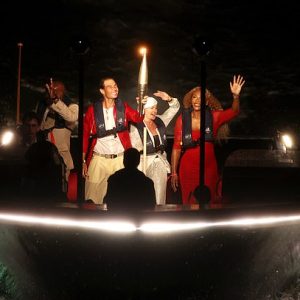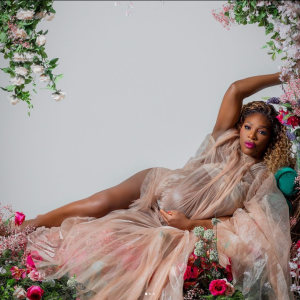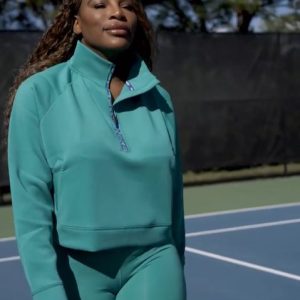Novak Djokovic has opened up on what it was like to grow up during the NATO bombings of Belgrade. The 22-time Grand Slam champion revealed that he continued to play tennis throughout the 78 days of air strikes. And he recalled the night that he fell while running for shelter following an explosion that woke up his family.

Years before he became one of tennis’ greatest champions, Djokovic was living a terrifying reality in his home of Belgrade. The world No 3 grew up during the NATO bombings and has sometimes decided to make reference to the conflict, discussing his difficult childhood in his autobiography and select interviews.

The Serb has opened up on his terrifying childhood once again, as he recalled the first night that he was woken up by explosions days after the air stikes started on March 24, 1999. And Djokovic revealed that it left him with long-lasting trauma, as he still feared sudden loud noises.
“It didn’t happen on the first night, but on the second or third,” he told Corriere Della Sera. “The explosion woke me up, the crash of breaking glass. My mother fell, she hit her head on the radiator, passed out. My father shouted: Nole, your brothers! I wasn’t twelve yet but I was the oldest.

Now 36, Djokovic also recalled falling over as he and his family sought shelter at his aunt’s house – a moment where he witnessed the air strikes first-hand. He continued: “I took Marko and Djordje and we went out into the street, there was no shelter in our apartment building, so we ran towards my aunt’s building, it was three in the morning, there was smoke from bombs on the street.
“I fell, scraped my hands and knees, looked up and mine were gone, heard a rumble coming towards me, looked up at the sky and saw two F-117s go by. They fired two rockets at the military hospital, which exploded five hundred meters from us, the earth shook, everything was shaking… It was a trauma, even now I’m afraid of sudden loud noises.”

The 93-time title winner did have one constant during the 78 days of the bombing of Belgrade – tennis. Djokovic continued to play throughout the turbulent time, explaining how he would try and avoid the air strikes in order to keep playing.
Schools were closed,” he explained. “What can you do against bombs? Not much, other than getting on with your life. We got up at dawn, they never bombed at dawn. We went to areas where no raids were planned, or to areas where raids had just taken place.”
While Djokovic was busy finding places to keep practising his tennis, he now knows the pressures his parents were under during the attack. “For me it was like a game, but for my parents it was a terrible stress,” he said.
Fear, the queue for bread, the hour of electricity a day in which my mother had to cook as much as possible.” But living through the traumatising time has given Djokovic extra drive during his career.
He added: “That war was an additional motivation. Half the world was against us, our country certainly didn’t have a good image and I wanted to demonstrate to the world that there were also good Serbs.





